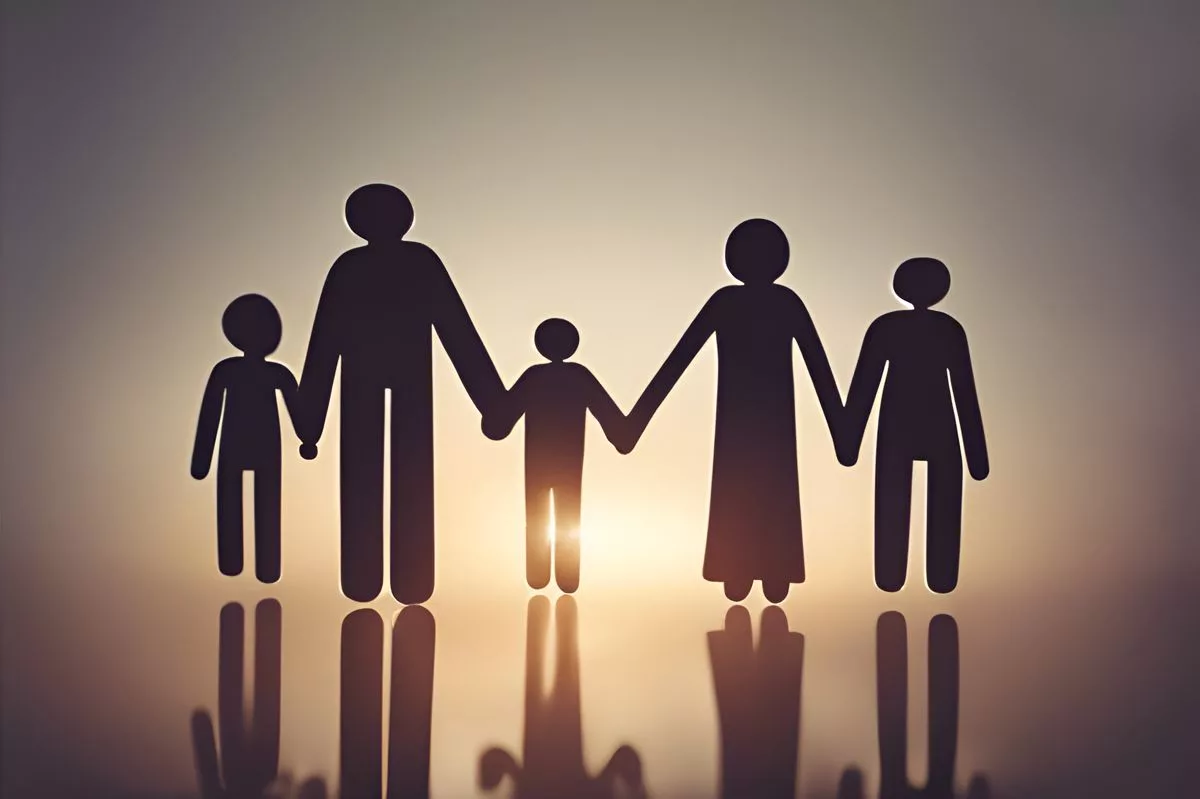South Africa’s Portfolio Committee on Home Affairs has established a new Electoral Reform Consultation Panel to assess the country’s current electoral system and propose necessary reforms. The panel comprises nine individuals with a unique combination of skills and experiences, and their work marks a pivotal stride in the ongoing evolution of South Africa’s democracy. The committee’s unwavering commitment to a representative and capable panel has set the country on a new trajectory, and the nation watches in anticipation as this group is poised to shape the future of South Africa’s democracy.
What is the New Electoral Reform Consultation Panel in South Africa?
The newly established Electoral Reform Consultation Panel is set to assess the present electoral system in South Africa under the authority of section 23 (9) (b) of the Electoral Amendment Act of 2023. The panel was proposed by the Portfolio Committee on Home Affairs, which has endorsed an impactful report that lists suitable candidates for the panel. The committee maintains that a thorough assessment of the electoral system is essential for shaping South Africa’s democratic future. The panel comprises nine individuals with a unique combination of skills and experiences.
Landmark Decision: The New Electoral Reform Consultation Panel
The Portfolio Committee on Home Affairs has gripped South Africa’s interest with its recent decision. The committee has endorsed an impactful report which proposes a roster of suitable candidates for the Electoral Reform Consultation Panel. This is a pivotal stride in the ongoing evolution of South Africa’s democracy. The panel is now primed to carry out a thorough assessment of the present electoral system, along with other global electoral systems, under the authority of section 23 (9) (b) of the Electoral Amendment Act of 2023, which was recently approved.
The Genesis of the Reform
Back in December 2023, the committee initiated a heated conversation by suggesting to the Minister of Home Affairs that the selection process should be revisited. The committee was motivated by an urgent need to ensure that the panel would be genuinely representative and have the necessary expertise to carry out its mandate effectively. The committee now firmly holds that the ideal blend of essential electoral experience and skills is found within this group.
The newly established panel is set to independently scrutinize, consult, report, and propose recommendations on broader electoral reform. This is a task of considerable importance. While the elongation of the process exceeds the legislated deadline, the committee maintains that this was the right approach. Given that they are at a critical juncture in shaping South Africa’s democratic future, they assert that thorough work is not just preferred but essential.
The IEC’s Change of Heart
In a surprising development, The Electoral Commission of South Africa (IEC) modified its stance after the committee’s suggestion. Although initially hesitant to permit IEC employees to volunteer for the panel, they have now acquiesced. The committee, confident that the competencies of IEC employees will significantly enhance the work of the panel, perceives this as a positive turn of events. They think that these individuals will bring technical prowess that will strengthen the panel’s capabilities.
The Selected Members for the Panel
After careful evaluation, the committee has proposed the following individuals to the National Assembly for approval to serve on the panel: Ms. Faith Pansy Dikeledi Tlakula, Ms. Mmatsie Mooki, Ms. Tomsie Priscilla Dlamini, Adv Richard Khaliphile Sizani, Dr. Michael Oliver Sutcliffe, Mr. Phatudi Simon Mamabolo, Mr. Michael Andre Hendrikse, Mr. Norman du Plessis, and Dr. Albertus Schoeman.
Each of these individuals brings a unique combination of skills and experiences expected to significantly contribute to the panel’s work. The formation of this group signifies an exhilarating chapter in South Africa’s democratic journey, which the nation is keenly observing. As events progress, one thing is certain: the committee’s unwavering commitment to a representative panel, capable of effectively scrutinizing electoral systems and proposing necessary reforms, has positioned South Africa on course towards a fresh democratic direction.
Looking Forward: The Dawn of a New Democratic Era
The responsibility now lies with these nine individuals to carry the torch and steer these reforms. The nation watches in anticipation as this group is poised to shape the future of South Africa’s democracy. The task ahead may be daunting, but with a collective wealth of knowledge and experience, there is a sense of confidence in the panel’s ability to deliver. As South Africa enters this new era of electoral reform, it heralds a new dawn for democracy in the nation. The relentless pursuit of the committee for a representative and capable panel has set the country on a new trajectory, and now the wheels are in motion for a fresh democratic journey.
1. What is the New Electoral Reform Consultation Panel in South Africa?
The newly established Electoral Reform Consultation Panel is set to assess the present electoral system in South Africa under the authority of section 23 (9) (b) of the Electoral Amendment Act of 2023. The panel comprises nine individuals with a unique combination of skills and experiences.
2. What is the purpose of the panel?
The panel is tasked with independently scrutinizing, consulting, reporting, and proposing recommendations on broader electoral reform in South Africa.
3. How were the panel members selected?
After careful evaluation, the committee has proposed nine individuals to the National Assembly for approval to serve on the panel. The committee believes that each member brings a unique combination of skills and experiences expected to significantly contribute to the panel’s work.
4. Why did the IEC initially hesitate to permit its employees to volunteer for the panel?
The IEC was initially hesitant to permit its employees to volunteer for the panel. However, they have now acquiesced, and the committee is confident that the competencies of IEC employees will significantly enhance the work of the panel.
5. What is the genesis of the reform?
The committee initiated a heated conversation back in December 2023 by suggesting to the Minister of Home Affairs that the selection process should be revisited. The committee was motivated by an urgent need to ensure that the panel would be genuinely representative and have the necessary expertise to carry out its mandate effectively.
6. What is the significance of the panel’s work for South Africa’s democracy?
The committee’s unwavering commitment to a representative and capable panel has set the country on a new trajectory towards a fresh democratic journey. The nation is keenly observing as this group is poised to shape the future of South Africa’s democracy, and the responsibility now lies with these nine individuals to carry the torch and steer these reforms.










